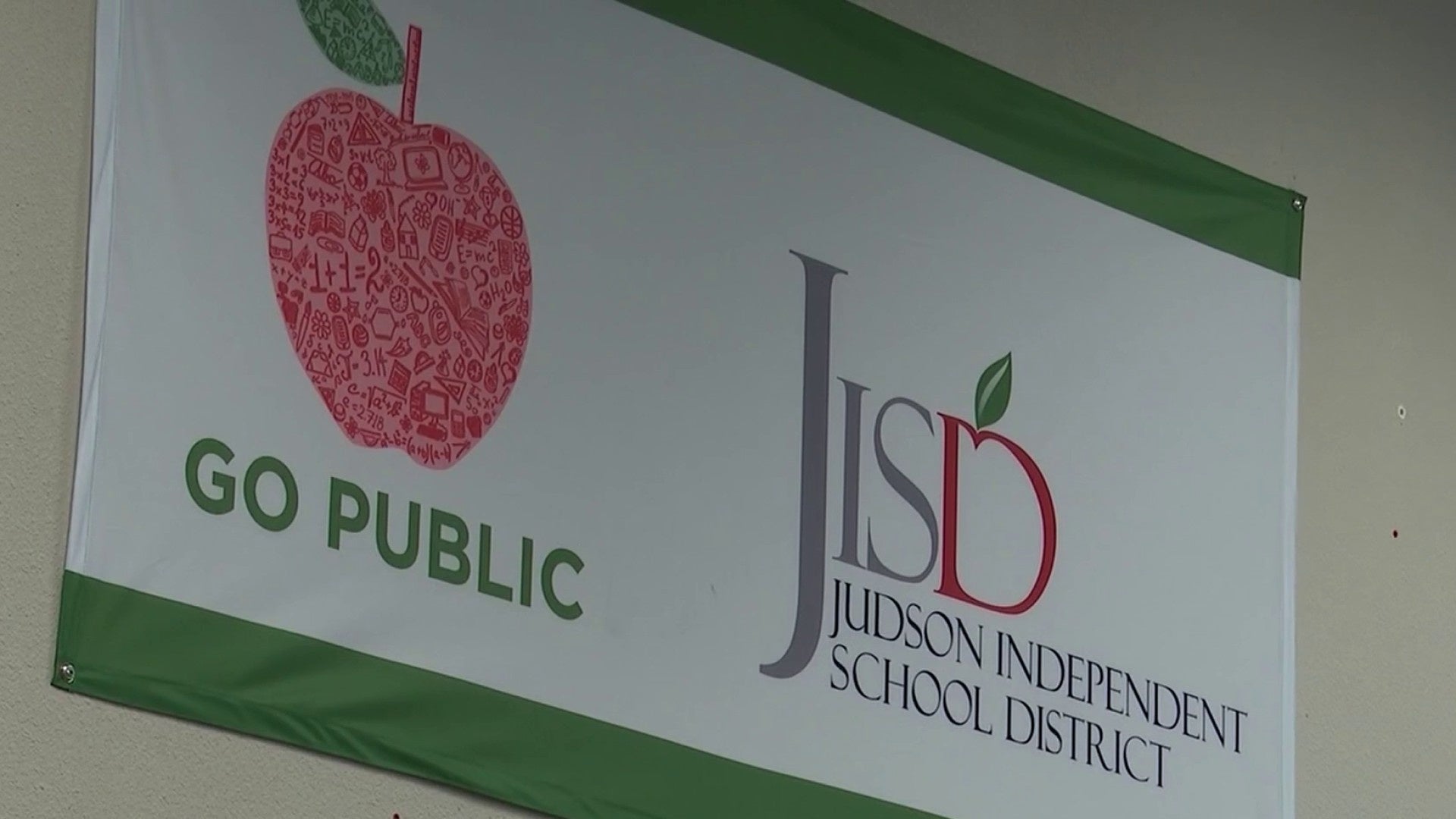Bloomsbury Publishing has launched a new collection of dyslexia-friendly editions featuring 11 bestselling adult titles, enhancing accessibility for readers with dyslexia. This initiative, announced at the start of Dyslexia Awareness Week, aims to transform the reading experience for a significant portion of the population. Among the featured titles are well-known works such as Just Kids by Patti Smith, Want by Gillian Anderson, and I Want to Die but I Want to Eat Tteokbokki by Baek Se-hee.
While Bloomsbury describes this launch as an “industry-first,” smaller independent publishers like Scorpius Books and Books on the Hill have been leading the way in creating dyslexia-friendly fiction for adults since 2020. Scorpius Books claims to be “the first publisher in the UK to produce dyslexic-friendly fiction for adults,” beginning its accessible titles during the pandemic. Similarly, Books on the Hill has advocated for greater accessibility in mainstream literature since 2021, urging larger publishers to follow their lead. Bloomsbury’s recent move places the conversation about accessibility firmly in the mainstream publishing arena.
Advocacy and Design Innovation
The initiative is spearheaded by Elizabeth Kellingley, Bloomsbury’s accessibility manager, who is recognized as the driving force behind the project. Kellingley conceptualized the series after observing a gap in print accessibility compared to digital formats. She remarked, “As a disabled person, I know what it feels like to need adaptations. Last year’s launch proved the demand, and this year we’re expanding the list.” Kellingley noted that while neurodivergent characters and authors are increasingly represented in publishing, access to these books has not kept pace.
Dyslexia affects approximately one in ten adults in the UK, translating to around six million individuals. Traditional book layouts can be visually overwhelming, making reading a slower and more exhausting process. To address this, Bloomsbury’s new editions incorporate research-backed design principles that ease eye strain and enhance readability. Each book features a clear sans-serif font, wider spacing, and ragged-right alignment. The text is printed in a soft blue on cream paper to reduce glare, and bold font replaces italics for emphasis. These thoughtful adjustments can significantly improve the reading experience for individuals who struggle with visual stress.
Ian Hudson, Bloomsbury’s managing director, emphasized the publisher’s commitment to inclusivity: “With these editions, we hope to set a new standard for inclusion. Our aim is simple: more readers, more often, with fewer barriers.”
A Commitment to Accessibility
Bloomsbury’s program builds upon a soft launch of nine accessible titles in 2024, which received an overwhelmingly positive response. Encouraged by this success, the company plans to release a new list of dyslexia-friendly editions every October, solidifying its long-term commitment to accessible print.
Meanwhile, independent publishers like Books on the Hill and Scorpius Books continue to expand their offerings, demonstrating that accessibility is becoming an evolving standard across the industry rather than a niche concern. In a public statement, Books on the Hill expressed their support for Bloomsbury’s initiative, stating, “We’re really pleased that Bloomsbury are doing this and taking up our cause.”
All titles are available through bloomsbury.com/UK and major book retailers. Together, these publishers are paving the way towards a more inclusive future, where every reader can find themselves reflected, supported, and welcomed in the world of literature.







